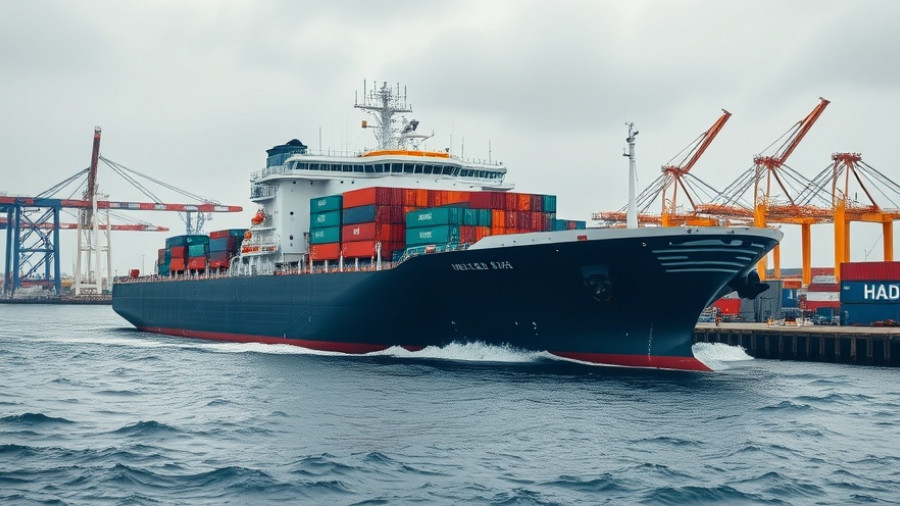
Global Shipping at a Crossroads: Navigating Emission Cuts
As nations grapple with the pressing challenge of carbon emission cuts in global shipping, the stakes have never been higher. The shipping industry, responsible for over 80% of global trade and approximately 3% of total greenhouse gas emissions, finds itself at an inflection point. With the International Maritime Organization (IMO) poised to discuss a comprehensive net-zero framework during the Marine Environment Protection Committee's (MEPC) upcoming sessions, the urgency for decisive action is palpable.
The IMO's Ambitious Net-Zero Framework
The IMO's proposed net-zero framework represents a pivotal move towards decoupling maritime operations from their environmental impact. As mentioned in previous reports, the proposed regulations encompass mandatory marine fuel standards and a pricing mechanism for greenhouse gas (GHG) emissions. These measures aim for a significant reduction of emissions by 2050, with intermediate checkpoints set for 2030 and 2040. Notably, the focus on a global fuel standard, combined with a GHG levy, is designed to facilitate a transition to cleaner alternatives while ensuring that the economic burden does not fall disproportionately on vulnerable nations.
A Just Transition for Africa and Beyond
The implications for Africa are particularly significant, given the continent's growing involvement in global trade and its rich maritime resources. Policymakers must carefully consider how these regulations will affect African economies reliant on shipping, especially as the global demand for sustainable practices ramps up. The potential for a 'just transition' will not only enable compliance with international norms but also stimulate local economies by encouraging investments in low-emission fuel technologies and port infrastructure.
Challenges Ahead: Bridging the Emission Gap
The transition to sustainable shipping is fraught with challenges. The disparity in costs between conventional fossil fuels and low- or zero-emission alternatives poses a significant barrier to swift compliance. The development and adoption of economically viable, cleaner fuels such as ammonia and e-methanol will be crucial for the industry. Furthermore, enhanced cooperation among member states, particularly those in Africa, is essential to ensure that all nations can adapt without facing severe economic repercussions.
Deciphering the Future of Global Trade
With 2025 being heralded as a critical year for shipping decarbonization, the upcoming discussions during the MEPC sessions will shape the industry's path forward. As global leaders navigate these tumultuous waters, addressing the intricate dance between environmental responsibility and economic resilience will be vital. Policymakers and industry stakeholders must remain aligned in their efforts to integrate sustainability into the fabric of global maritime trade.
As the world gears up for changes that could redefine shipping standards, now is the time for business leaders, investors, and policymakers to engage actively with these developments. The call for a transparent dialogue around GHG emissions and the economic implications for nations, particularly in Africa, cannot be overstated. The future of global shipping is taking shape, and it will take collective action to cultivate an equitable maritime landscape.
 Add Row
Add Row  Add
Add 


Write A Comment